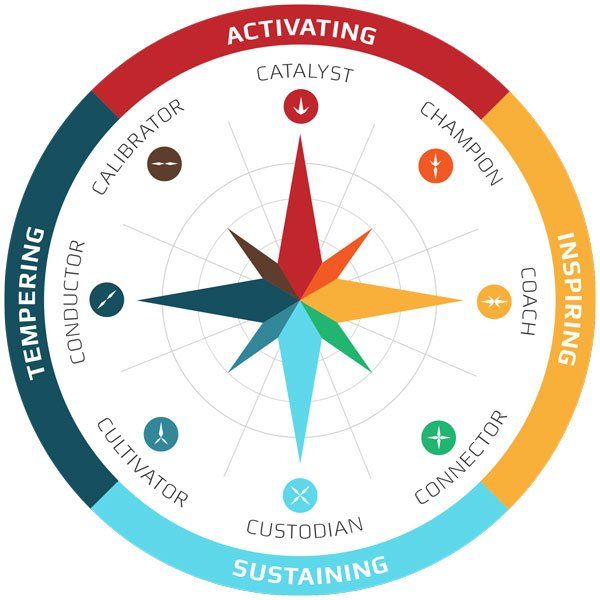GOVERNANCE
MAXIMISING YOUR RECRUITMENT PROCESSES
By Belinda Doveston • May/June 2017 • Issue 55
Download PDF Version • 780 KB

In a previous issue, we introduced the concept of using natural energy profiling in your recruitment processes. In the realm of recruitment and selection, it is vital to understand the boundaries of what is legally and morally acceptable regarding the application of any psychometric profiling system.

Psychometric tools are often utilised as an effective technique to highlight a candidate’s personality type, strengths, productive and non-productive behaviour, emotional intelligence and overall job alignment. While you cannot discriminate based on a candidate’s profile, it would be appropriate to focus on the types of natural energy that would accelerate the greatest return for the candidate and the company through that position.
We developed the Contribution Compass as a platform to support our clients and partners to make outstanding recruitment decisions, whereby new recruits are hired for their talent and given opportunities every day to shine and to maximise their contribution and return for the company. We do not believe that the Contribution Compass, or any profiling tool, should be used to stereotype or put people in boxes.
What the tool highlights is our dominant natural energy under pressure, to which we will naturally gravitate as a means of solving problems and seizing opportunities. If our natural energy or ‘zone of flow’ is aligned to the position’s path of value creation, then every pressure point or moment of stress creates opportunity to accelerate return, individually and collectively.
Clarify the Position
In applying the Contribution Compass to recruitment, the first step is to clarify exactly what the position entails. This is not a long, bulleted list of skills, knowledge and job to-dos. It is a precise understanding of how a position ignites value or the primary reason that this position exists to support the promise of the company.
It is not to say that one profile cannot deliver a positive outcome in a role that is out of their flow. What it does mean is that in a time of crisis or stress, that person will revert to their natural energy without thinking. It is often in those moments of great tension that the greatest opportunities can be seized and the most disastrous mistakes made. If your flow and your role are aligned, the chances of opening doors of opportunity at the right moment and in the right way, increase exponentially.
One of our partners recently shared a position description that one of their clients had put to market. We evaluated the position outline to see if we could work out the profile they were looking for. From a pure work function perspective, the position advertisement described a person who should have strong attributes across all four types of natural energy. This included: being dynamic and innovative (a hallmark of an Activating energy); demonstrating excellence in leading and growing teams (Inspiring types are naturally talented in this area); following organisational processes and honouring company norms (a Sustaining strength); and being precise, detailed and analytical (attributes strongly in the Tempering domain). They had basically described a jack of all trades and master of none.
It is important to clarify that one does not have the luxury of hiring specialist employees only. Indeed, as employees, irrespective of our natural energy, there are skills and behaviours we should develop and demonstrate even if they are outside our ‘zone of flow’. However, as employers, if we put a position to market and we are not clear on the primary way that the position creates value, it makes the selection process enormously challenging and does not do justice to the candidate who is expected to be a master player of all games. Challenge yourself to create absolute clarity right at the beginning of the recruitment process and you will dramatically increase the return on your investment of time and resources.

